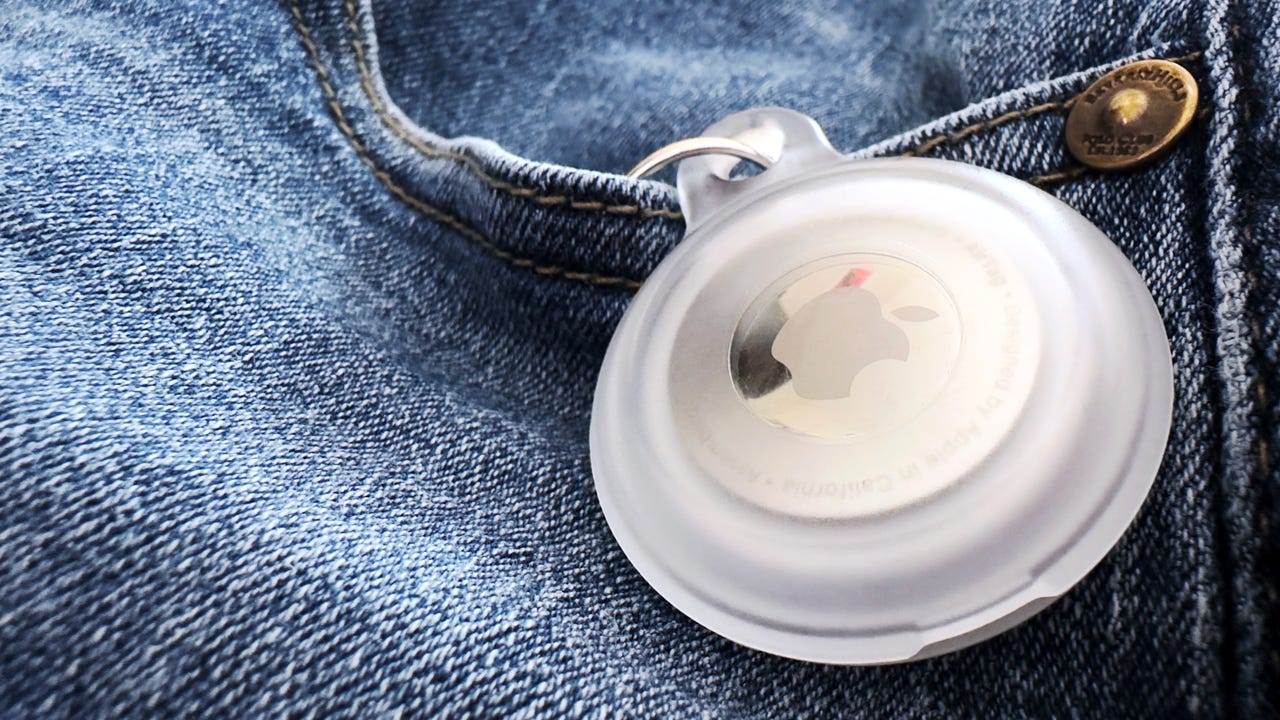'ZDNET Recommends': What exactly does it mean?
ZDNET's recommendations are based on many hours of testing, research, and comparison shopping. We gather data from the best available sources, including vendor and retailer listings as well as other relevant and independent reviews sites. And we pore over customer reviews to find out what matters to real people who already own and use the products and services we’re assessing.
When you click through from our site to a retailer and buy a product or service, we may earn affiliate commissions. This helps support our work, but does not affect what we cover or how, and it does not affect the price you pay. Neither ZDNET nor the author are compensated for these independent reviews. Indeed, we follow strict guidelines that ensure our editorial content is never influenced by advertisers.
ZDNET's editorial team writes on behalf of you, our reader. Our goal is to deliver the most accurate information and the most knowledgeable advice possible in order to help you make smarter buying decisions on tech gear and a wide array of products and services. Our editors thoroughly review and fact-check every article to ensure that our content meets the highest standards. If we have made an error or published misleading information, we will correct or clarify the article. If you see inaccuracies in our content, please report the mistake via this form.
What is UWB? Here's why you still really need an iPhone to use it

UWB -- short for ultra-wideband -- is a low-energy, short-range radio technology that's been around for a couple of decades (it went under the name "pulse radio" for a while).
UWB makes use of super-fast signal pulses (anything up to over a billion a second) broadcast across a wide swathe of the radio spectrum (from 500MHz to several gigahertz). This allows it to avoid the interference issues that plague other technologies, such as Wi-Fi and Bluetooth.
Also: The best phones to buy: ZDNET editors' top picks
While there was a point when it looked like UWB could replace Wi-Fi (that didn't happen), and that Apple might be planning to use it to replace Bluetooth for communicating with AirPods, the feature of UWB that's made it mainstream is precision finding.
Apple has included UWB support in many of its devices over the past few years, building the U1 chip into iPhones since the iPhone 11, Apple Watches starting with the Series 6, the HomePod Mini, the second-generation AirPods Pro, and, of course, AirTags.
If you use AirTags -- and if you're an iPhone user, I really think you should use them -- then you're already making use of UWB to find your misplaced keys and pets.
Also: 5 ways AirTags can simplify your life
The low-energy aspect of UWB means that a small button-cell battery can last a year in a tag (but unlike technologies like NFC, the tags do need their own power), while the precision finding feature means you can narrow your search for lost possessions down from a few hundred feet to a few inches.
Not only is it more accurate than GPS, but it also works indoors as well as outdoors.
And in the Apple ecosystem, everything just works.
Well… sort of.
There is one exception here, and that's the latest-generation iPhone SE. For some strange reason, Apple didn't include UWB support here. It's a bit of an oversight if you ask me, and I hope that the next-generation iPhone SE will change this.
Review: The best GaN chargers you can buy
But what if you're an Android user?
This is where things get a lot patchier.
Of the myriad of Android devices released every month, few support UWB.
So far, it's quite a short list. The most popular options being:
- Google Pixel Pro smartphones, starting with the Pixel 6 Pro
- Samsung Galaxy S-series, Galaxy Z-Fold, and Galaxy Note20
- Xiaomi Mix 4
- Blackview BV8900 Pro
Samsung has its own flavor of AirTags, the Galaxy SmartTag, but unless you own one of the Samsung smartphones that support UWB, you're out of luck.
More annoyance.
Now, tags are one thing. You can take them or leave them, but UWB is gaining traction in other areas.
One of those uses is as a digital "key" for your home or car. Imagine the convenience of being able to walk up to your car or front door, and have it detect your approach and automatically unlock for you.
Well, if you're an iPhone owner, things are golden as long as you've bought a new handset in the last few years, and that iPhone wasn't the iPhone SE.
But for you Android users, things are messier. And I think they're going to stay like that until Google rolls out its own version of Apple's Find My system, and also makes tags available.
Also: Meet the world's first ruggedized Android smartphone with UWB
You're not only left to figure out if your smartphone supports UWB, but you also need to figure out how to turn it on if it does.
My guess is that things are going to get better over the next few years, but it could be a long time until UWB makes it to budget Android devices. At $216, the Blackview BV8900 Pro might be one of the cheapest ways for Android users to jump onto the UWB wave.
Note: I initially wrote this article in January of 2023, and it's now January 2024 and I'm updating it, and I have to admit that I'm somewhat surprised how little has moved on
